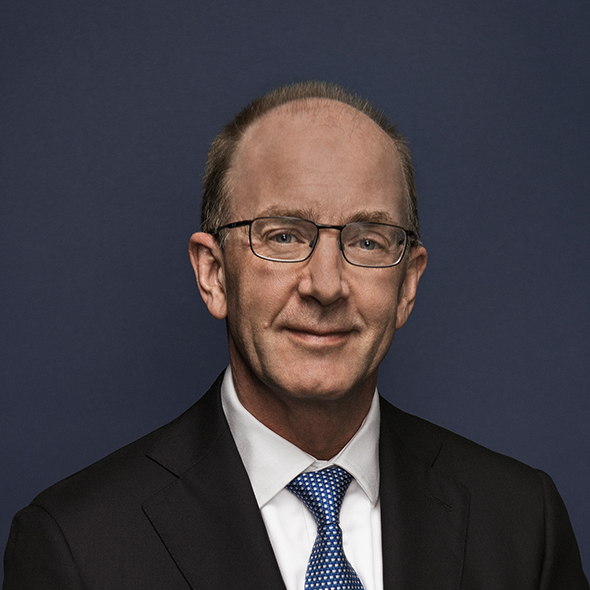AICD CEO and MD Angus Armour rounds up important lessons emerging from the 2019 Australian Governance Summit.
“Anybody who sits on a board and is arrogant or aloof, is a fool,” commented David Gonski AC FAICDLife on the opening panel of the 2019 Australian Governance Summit (AGS). After a confronting year for the director community, these words from the ANZ chair characterised the feelings of this year’s 1400 AGS delegates in the debates and discussions over the two days. Gonski identified the foundations of the mistakes his bank had made. “We haven’t been great on accountability” and “did not think through to the longer term”.
The governance failures we have witnessed — not just those that were the subject of the Hayne Royal Commission, but also in NFPs, sporting codes, institutions tasked with the care of vulnerable people and government — are a challenge to the director community and the AICD.
The summit began the hard conversations we need to have as a director community as we seek to regain community trust — conversations around culture, accountability, remuneration, directors’ duties and community expectations.
As Heather Ridout AO MAICD summarised, “Managing complexity is a very big issue.” A key theme over the two days was that directors need to make sure their organisations are clear on their mission and their aims to cut through complexity to retain focus and performance against a range of standards. Unquestionably, complexity in business models and community expectations underpin the challenges confronting the director community. Directors cannot hope to successfully implement change, technological, cultural or otherwise, without stronger follow-through on the organisation’s stated ambitions.
Steve Vamos GAICD, CEO of Xero and a former Telstra non-executive director, had three tips for fostering a high-performance culture: make it safe to challenge the status quo, encourage hard conversations about mistakes, and demonstrate genuine care for people.
In the everyday practice of their duties, directors’ human qualities need to come to the fore, according to Alan Finkel AO. Australia’s chief scientist, an experienced founder and director, stressed that in an age of rapid technological advancement directors need to be humanists first and technologists second.
At the summit, the AICD launched its forward governance agenda, focusing on four areas as the governance community looks to regain trust:
- Directors’ duties The AICD supports the current formulation of directors’ duties. To act in the best interests of the company, a board will consider stakeholders beyond shareholders. But there is clearly a gap in perception between what boards believe they do to consider stakeholder interests, and the community’s view. To address the perceived gap, the AICD will lead a conversation with the director community and stakeholders to test the application of the best interests’ duty to determine what approaches make practice ‘fit for purpose’.
- Standards and professionalism The AICD will strengthen our Member Code of Conduct and clarify its application. We will be clearer about the expectations of membership. We will update our Professional Development framework so that it reflects the standards of practice and ethics our members expect, and we will provide the appropriate resources to our members as a benefit of membership. We will put a renewed focus on applied learning in our education to help translate the governance standards we teach into the practices that are applied, and we will increase faculty, advisor and peer feedback on boardroom behaviours and practices.
- Accountability Directors must start by convincing the community that boards are accountable. We will provide the resources and tools that boards and directors can draw from to emphasise their accountability. We must also be open to ideas to strengthen accountability.
- Governance and remuneration Ethical decision-making sits at the heart of director practice. Boards must set the tone that misconduct is dealt with swiftly and visibly. We will take the lessons of the Hayne Commission and other inquiries into our Good Practice Principles for governance of culture and remuneration, and provide guidance and practical frameworks to support directors of NFPs, private companies of any size, superannuation funds and listed companies alike. On remuneration governance, the AICD will partner with investor groups and stakeholder organisations to focus on the long-term.
The AICD is releasing an Issues Paper inviting feedback from members. We hope to hear from you to further the work given such momentum by the AGS.
Latest news
Already a member?
Login to view this content


